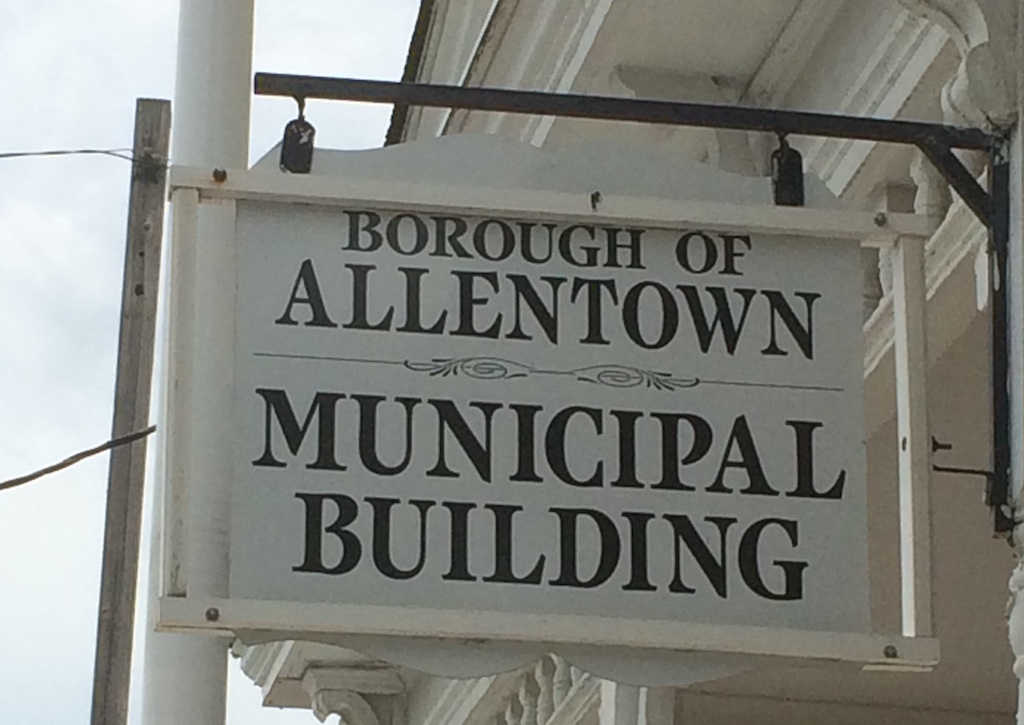ALLENTOWN – The Allentown Environmental Commission will begin to research how borough officials may eventually adopt an ordinance that would ban single-use plastic items in the community.
Three members of the commission, Chairwoman Nancy Tindall, Vice Chairman Bill Cotte and Secretary Patricia Brown, appeared before the mayor and Borough Council on March 10 to seek guidance on the issue.
Tindall said many New Jersey municipalities have adopted ordinances that ban single-use plastic bags and in some cases other items.
The state Legislature has considered a statewide ban on certain items, but has not agreed upon a way to move forward.
“Our commission has been looking at this issue for two years,” Tindall told Mayor Thomas Fritts and members of the council. “We are here tonight to begin a dialogue.”
During the discussion that followed among Fritts, council members and the environmental commission representatives, several issues connected to a possible ban on plastic bags, plastic foam products and plastic straws were mentioned.
Tindall said that moving forward, “educating the community will be important so people know what it means to them. We think that over the next couple of months, we can put something together that is very beneficial. (The goal will be) to build partnerships so we understand this is for the benefit of everybody.”
One issue discussed was a transition period that could occur between the time when the council adopts an ordinance that bans the use of certain items and the time when the law would take effect.
Greg Cannon, who is Allentown’s borough attorney, is also the borough attorney for Red Bank.
Cannon said Red Bank Borough Council members adopted an ordinance in August 2019 that bans single-use plastic bags, polystyrene foam containers and plastic straws. He said business operators were given one year to transition into the ban.
Tindall said the Association of New Jersey Environmental Commissions (ANJEC) has produced a model ordinance municipal officials may consider as they develop a law specific to Allentown’s goals. Tindall is a member of the ANJEC Executive Board.
“We can pick out the best aspects of other towns’ ordinances. It’s all how you position it,” Tindall said, adding that she would agree with the provision of a transition period.
“There are people who want to do this,” Brown said of a ban on the use of certain items.
Council President Robert Strovinsky asked Tindall what steps would come next.
Tindall said that with an understanding the council would take on the issue, the members of the environmental commission would collect and review ordinances that deal with the topic and start a conversation with representatives of the business community. She said the goal would be to determine what Allentown’s stakeholders want in such an ordinance.
Fritts said if the council members eventually consider banning certain items, he would support a transition period between the adoption of an ordinance and the implementation of a ban. He thanked Tindall, Cotte and Brown for bringing the issue to the attention of the governing body and the public.

